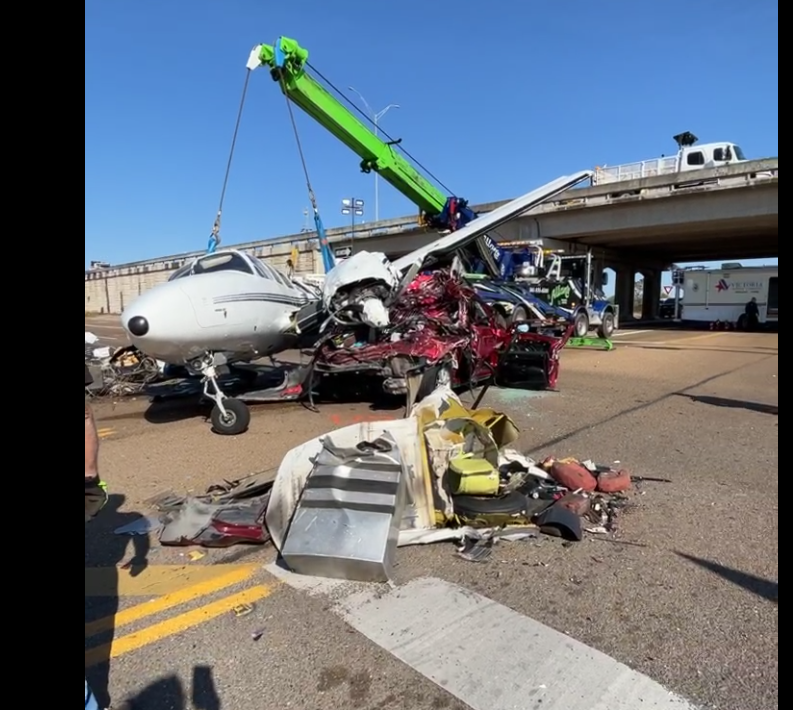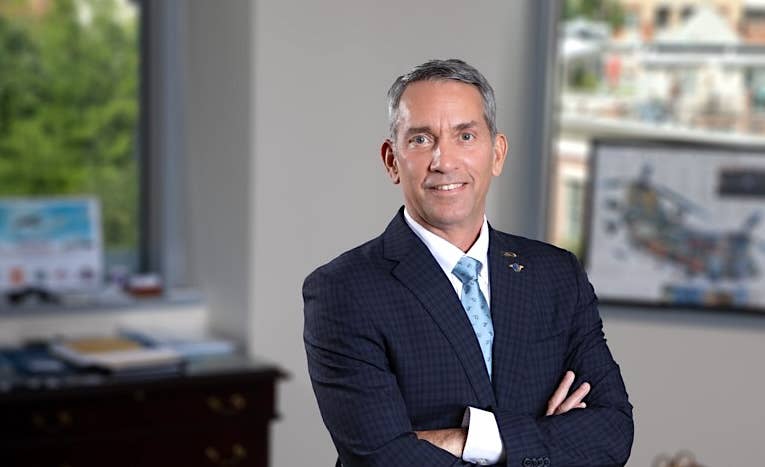ALPA Wants FAA To Enact COVID Rules
The FAA says it’s working with the Centers for Disease Control (CDC) to update guidelines for air carriers on COVID-19 precautions but the head of the nation’s biggest pilots’ union…

The FAA says it’s working with the Centers for Disease Control (CDC) to update guidelines for air carriers on COVID-19 precautions but the head of the nation’s biggest pilots’ union says the current regime isn’t enough. ALPA President Capt. Joe DePete told WOIO in Cleveland that the FAA needs to mandate compliance with CDC recommendations rather than suggest they follow the guidelines. “There are carriers that are doing a good job and there are carriers that are doing not such a great job,” DePete said. “So there is this varying patchwork of compliance or lack thereof and that’s no way to handle a pandemic.” So far 300 ALPA members have contracted the virus and three have died.
The FAA told DePete it is monitoring airline behavior and will step in if necessary. “The FAA will reinforce the importance of airlines heeding CDC guidance and clarify those expectations if needed,” the agency said in letter to DePete that it shared with the TV station. “We also will determine if additional actions are necessary or feasible to motivate compliance." The current CDC guidelines deal mainly with cleaning the aircraft and dealing with sick passengers. Many airlines require passengers to be masked from the time they reach the check-in counter throughout their journey and Air Canada is going to start checking all passengers for a fever (99.5 degrees) on May 15.






